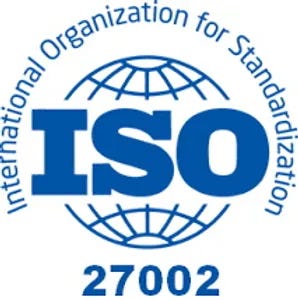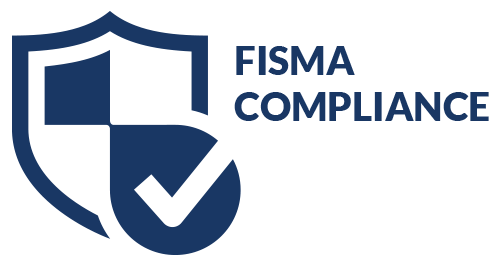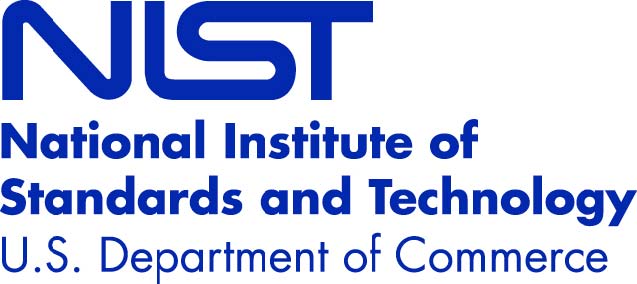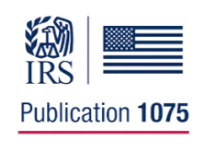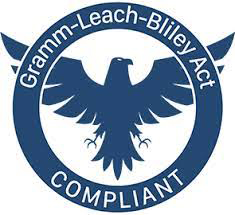Trust and the Collection Agency: Not an Oxymoron
Despite their reputation, today’s collection agency must approach the work in a way that reflects their client’s core values and integrity. You’ve heard the stories about collection agency staff that harass a past-due balance holder to the point where the agency receives a slap on the wrist from federal regulators. This is usually in the […]
Collections for Financial Institutions/Banks and Credit Unions
Banks are required to keep data safe. What happens when that trust is breached? Banking has always been about trust. Financial institutions are tasked with managing the assets of their stakeholders; those clients put their trust in the bank to handle their cash or investments. However, it can be a delicate situation when an account […]
2018 Debt Collection in the U.S. – Technology Changes Everything
Debt collection agencies must leverage technology to become more successful in improving consumer communications. In the Consumer Financial Protection Bureau’s June 2017 report, statistics showed that American consumers are vocal in their complaints about collection efforts. Debt collection complaints make up nearly one-half of the more than 1.2 million consumer complaints the agency receives every year. […]
Should CFOs Toss Time-Based Collections?
For many CFO’s, the answer to the question, “should I stop thinking of collections as time-based?” is simple: yes. If you and your collection agencies are still considering operating with time-based methodologies, you may be paying excessive fees to collection agencies and internal operations to collect on debtors with a high probability of paying. Conversely, […]
How Debt Collection Affects Revenue Cycle in Healthcare
Debt collection is a hot topic in healthcare revenue cycle circles. That’s because hospitals and physicians are facing higher costs, declining reimbursement, along with high-deductible insurance policies and patients that simply cannot afford to pay. This article looks at how debt collection best practices could improve the revenue cycle in healthcare. What are the issues […]
Making Accounts Receivable Management a Priority in 2018
C-suite executives are increasingly required to do more with less. Delinquency and default rates are on the increase in the financial services space. The healthcare industry is looking for ways to reduce bad debt and increase patient revenue. And those in the commercial space are faced with trying to decrease days sales outstanding (DSO) and […]
Conducting Accounts Receivables Management Audits in Healthcare – What You Need to Know
Healthcare revenue cycle will be increasingly important for cash-strapped providers this year. This past November, RevCycle Intelligence pointed out a fact that many financial leaders in hospitals have already recognized: They are cash-strapped, and need to make revenue cycle management a top priority this year. As an issue, revenue cycle is at the top, beating back population […]
First-Party vs. Third-Party Accounts Receivable
You know that understanding the details of how your accounts receivable department works is vital to the long-term success of your business. Without diligent attention, it can become one of the biggest financial headaches within your company. Accounts receivable can be handled in one of two ways: first-party and third-party management. This may seem self-explanatory; […]
Statistics That Will Shake Up Your Accounts Receivable
If you sell products or services on credit, then chances are that the words “accounts receivable” are enough to give you a headache. Nevertheless, successfully managing your collections department is critical to your growth as a business. Recent numbers suggest that uncollected receivables could cost your company into the hundreds of thousands of dollars. Plus, […]
The CFPB’s Impact on Healthcare Revenue Cycle Management
Over the last few years, various regulatory associations have released rules and passed laws that impact healthcare revenue cycle management, especially with regard to collections. In an attempt to protect patients’ privacy, the Consumer Financial Protections Bureau, or CFPB, also limit providers’ options when it comes to recouping losses. This doesn’t mean that you should […]
